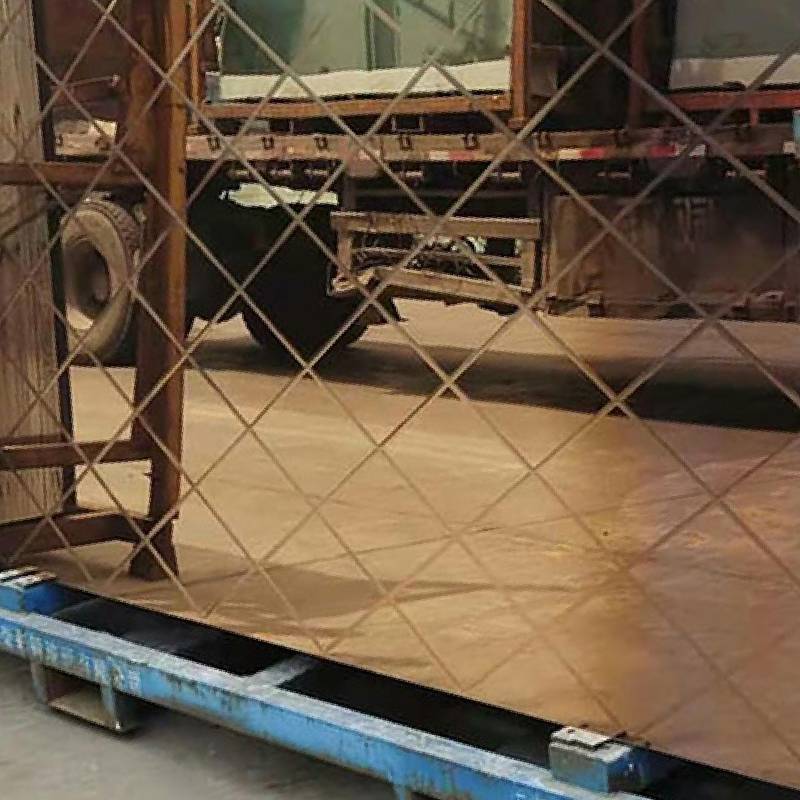Tempered Low-E Glass Enhancing Energy Efficiency and Comfort
In today’s world, where energy efficiency and environmental sustainability are more important than ever, the choice of materials in construction and renovation plays a critical role. One such innovative material that has gained traction in the building industry is tempered low-E glass. This specialized glass combines the strength of tempered glass with the energy-saving properties of low-emissivity (Low-E) coatings, making it an ideal choice for both residential and commercial applications.
Tempered glass is produced through a process of extreme heating and rapid cooling, making it significantly stronger than standard glass. This heightened durability not only increases safety by reducing the risk of breakage but also allows for larger panes of glass to be incorporated into building designs. In the event of breakage, tempered glass shatters into small, blunt pieces, minimizing the risk of injury. This makes it a preferred choice in areas where glass is exposed to high impact or thermal stress.
Tempered Low-E Glass Enhancing Energy Efficiency and Comfort
The combination of tempered and low-E technologies results in a high-performance glazing solution that offers numerous benefits. First and foremost, the energy efficiency provided by low-E coatings helps to stabilize indoor temperatures, creating a more comfortable living and working environment. This can be particularly beneficial in regions with extreme seasonal temperature fluctuations.
tempered low e glass
Additionally, using tempered low-E glass can enhance the aesthetic appeal of buildings. Large glass facades and expansive windows not only provide stunning views and ample natural light but also connect indoor and outdoor spaces, promoting well-being and productivity. Architects and designers are increasingly utilizing this glass in modern designs, leveraging its ability to create striking visual statements.
Moreover, tempered low-E glass can contribute to achieving green building certifications, such as LEED (Leadership in Energy and Environmental Design). Incorporating this glass into building designs aligns with sustainable construction practices and demonstrates a commitment to environmental responsibility.
When considering the potential drawbacks, it is essential to note that while tempered low-E glass can be more expensive than standard glass, the long-term energy savings and benefits often outweigh the initial investment. Proper installation and selection by qualified professionals are also critical to realizing its full potential.
In conclusion, tempered low-E glass represents a significant advancement in building materials, offering a winning combination of safety, energy efficiency, and aesthetic appeal. As the demand for environmentally responsible solutions in construction continues to grow, this innovative glass will likely become an integral component in future architectural designs, paving the way for a more sustainable and comfortable living environment. By embracing this technology, builders and homeowners can make informed choices that contribute to both immediate comfort and long-term environmental benefits.
 Afrikaans
Afrikaans  Albanian
Albanian  Amharic
Amharic  Arabic
Arabic  Armenian
Armenian  Azerbaijani
Azerbaijani  Basque
Basque  Belarusian
Belarusian  Bengali
Bengali  Bosnian
Bosnian  Bulgarian
Bulgarian  Catalan
Catalan  Cebuano
Cebuano  Corsican
Corsican  Croatian
Croatian  Czech
Czech  Danish
Danish  Dutch
Dutch  English
English  Esperanto
Esperanto  Estonian
Estonian  Finnish
Finnish  French
French  Frisian
Frisian  Galician
Galician  Georgian
Georgian  German
German  Greek
Greek  Gujarati
Gujarati  Haitian Creole
Haitian Creole  hausa
hausa  hawaiian
hawaiian  Hebrew
Hebrew  Hindi
Hindi  Miao
Miao  Hungarian
Hungarian  Icelandic
Icelandic  igbo
igbo  Indonesian
Indonesian  irish
irish  Italian
Italian  Japanese
Japanese  Javanese
Javanese  Kannada
Kannada  kazakh
kazakh  Khmer
Khmer  Rwandese
Rwandese  Korean
Korean  Kurdish
Kurdish  Kyrgyz
Kyrgyz  Lao
Lao  Latin
Latin  Latvian
Latvian  Lithuanian
Lithuanian  Luxembourgish
Luxembourgish  Macedonian
Macedonian  Malgashi
Malgashi  Malay
Malay  Malayalam
Malayalam  Maltese
Maltese  Maori
Maori  Marathi
Marathi  Mongolian
Mongolian  Myanmar
Myanmar  Nepali
Nepali  Norwegian
Norwegian  Norwegian
Norwegian  Occitan
Occitan  Pashto
Pashto  Persian
Persian  Polish
Polish  Portuguese
Portuguese  Punjabi
Punjabi  Romanian
Romanian  Russian
Russian  Samoan
Samoan  Scottish Gaelic
Scottish Gaelic  Serbian
Serbian  Sesotho
Sesotho  Shona
Shona  Sindhi
Sindhi  Sinhala
Sinhala  Slovak
Slovak  Slovenian
Slovenian  Somali
Somali  Spanish
Spanish  Sundanese
Sundanese  Swahili
Swahili  Swedish
Swedish  Tagalog
Tagalog  Tajik
Tajik  Tamil
Tamil  Tatar
Tatar  Telugu
Telugu  Thai
Thai  Turkish
Turkish  Turkmen
Turkmen  Ukrainian
Ukrainian  Urdu
Urdu  Uighur
Uighur  Uzbek
Uzbek  Vietnamese
Vietnamese  Welsh
Welsh  Bantu
Bantu  Yiddish
Yiddish  Yoruba
Yoruba  Zulu
Zulu 

